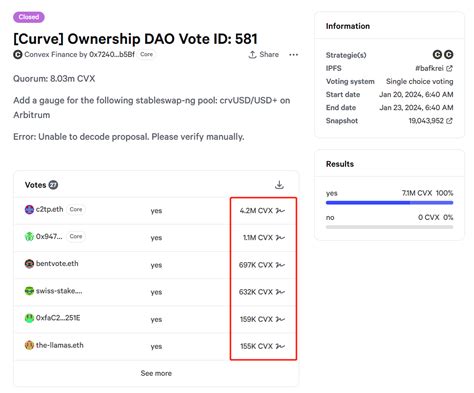Ethereum: How are anonymous Bitcoin transactions?
When it comes to Bitcoin transactions, anonymity can be an issue of the debates between enthusiasts and experts. While the decentralized nature of Bitcoin and the cryptographic mechanisms aim to protect users’ privacy, the reality is that some aspects of Bitcoin transactions are really more transparent than others.
What is Bitcoin anonymous transactions?
Bitcoin transactions are pseudonymous, which means that they cannot be connected directly to a single or certain entity. This is how it works:
- Hashing

: Each Bitcoin transaction is represented by a unique “hash”, which is like a digital impression.
- Coinbase and stock exchanges : Most Bitcoin transactions are carried out by stock exchanges such as coinbase or other online trading platforms where users can buy, sell or exchange bitcoin. These stock exchanges generally show the addresses of the sender and the recipient, but these addresses are pseudonyms.
- Recording of the transactions : The blockchain, a public master book that records all Bitcoin transactions, also contains metadata for each transaction, e.g. B. the addresses of the sender and the recipient.
What is semi-anonymous Bitcoin transactions?
While Bitcoin transactions are generally considered anonymous, there are some aspects that can show the identity of the users:
- Metadati -Blockchain : Although the blockchain is accessible to the public, some information, such as the addresses of the sender and the recipient, with portfolio or certain accounts, can be connected.
- Address of the portfolio : Some users save their bitcoins in several items, which can enable others to identify them based on their item of the item.
- Reception of Bitcoin from someone you don’t know : If you receive Bitcoin directly from a stranger without prior communication, your identity can be revealed by the transaction itself.
How are anonymous Bitcoin transactions?
In some cases, Bitcoin transactions can be more transparent than others:
- Private Wallets : Some users archive their bitcoins in private wallets, which can make it difficult to identify them.
- Invisible addresses : Some third parties offer “invisible addresses” or “addresses based on the public key” to maintain the anonymity of the user.
3
Diploma
While the anonymous nature of Bitcoin is an essential advantage, it is important to note that some aspects of the transaction process can show the identity of the users. If you understand how Bitcoin transactions are carried out, users can make sound decisions on their online security and anonymity preferences.
In summary, the degree of anonymity in Bitcoin transactions depends on various factors, including:
- The use of exchange and pseudonym letters
- The presence of blockchain metadata and item addresses
- The identity of the receiving part (if known or unknown)
If you are aware of these aspects, users can optimally use their online security and select the level of anonymity that best meets your needs.
Leave a Reply